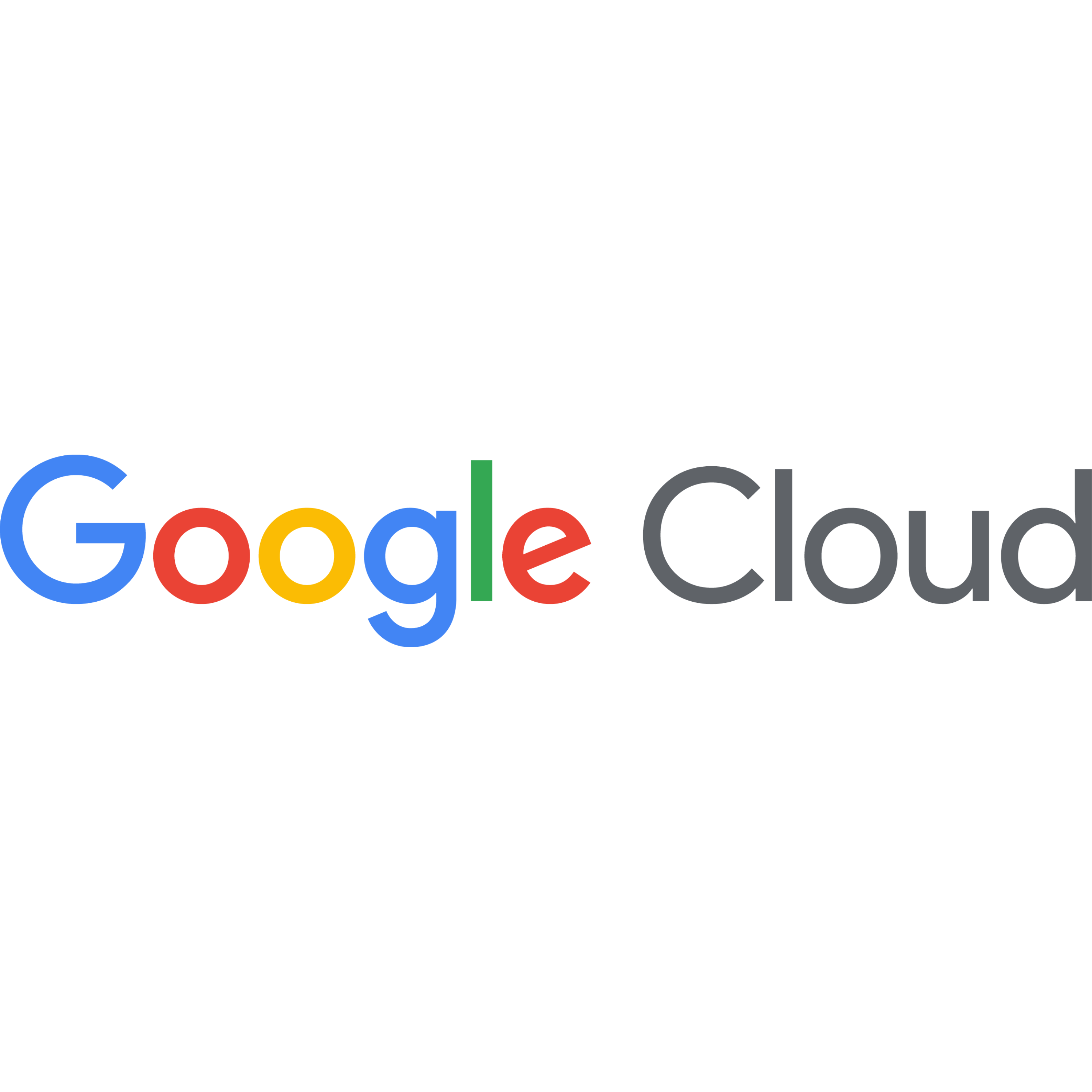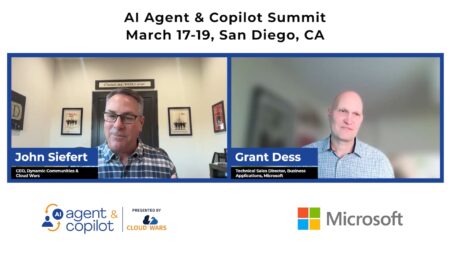
Google Cloud last week announced the second major advance in the rapidly expanding Agent2 Agent interoperability protocol, with new features to help partners and customers build, securely manage, and distribute agents that support A2A.
The rapid pace of advances in this protocol represents another important step toward enabling agents from diverse vendors to communicate with one another — and that’s a vital consideration considering the multi-vendor software stacks that are a hallmark of corporate IT.
Google Cloud announced A2A in April with the goal of enabling interoperable agent systems; in June, the company contributed A2A to the Linux Foundation. The industry’s response continues to grow, reflecting the need for vendor-neutral standards to unlock the full power of agentic AI for enterprises: over 150 organizations publicly support A2A.
Google Cloud shared an example of how A2A is enabling AI-powered interactions, in this case between companies: Tyson Foods and Gordon Food Service are collaborating through A2A systems to enhance supply chain performance, reduce friction, and create a real-time channel between agents so they can share product data and leads.
What’s New In A2A
Google Cloud said it’s releasing native support for A2A in Agent Development Kit (ADK), the company’s open-source agent framework. This makes it easy to build collaborative, A2A agents for those already using ADK. They can expose an existing ADK agent and make it discoverable as an A2A agent.
Google Cloud outlined three deployment paths it’s enabled so customers can put A2A-compliant agents into production:
- Deploy to Agent Engine: The company is adding support for A2A to Agent Engine in the coming weeks so builders can deploy an agent written in any framework to Agent Engine and get a production-ready A2A agent. Agent Engine provides a set of services that enables developers to deploy, manage, and scale AI agents in production.
- Deploy to Cloud Run: For increased flexibility, builders can containerize and deploy A2A agents to Cloud Run, leveraging this serverless infrastructure for scale and reliability.
- Deploy to Google Kubernetes Engine (GKE): For maximum control, builders can deploy agents to GKE, providing the full power of Kubernetes to manage A2A systems at scale.
Agentspace, Marketplace Tie-Ins
Google Cloud said in the coming weeks, partners will be able to make any A2A agent available within Agentspace, its platform for building, managing, and adopting agents. In so doing, partners will transform their agent from standalone functionality into a service that can be consumed. This includes agents built on partner platforms.
Agentspace provides governance, safety, and control features needed for enterprise-ready agent functionality.
In addition, partners can now sell their A2A agents directly to customers in the AI Agent Marketplace, creating opportunities for partners to monetize their AI agents. This will allow Google Cloud customers to discover and purchase agents published by ISVs, systems integrators, and other technology providers.
With these latest A2A advances, Google Cloud continues to assert leadership in helping customers and partners tap into the latest AI agent functionality while enabling the enterprise-grade development and security functionality that customers require. At the same time, Google Cloud is embracing the multi-vendor makeup of enterprises’ cloud and SaaS estates, ensuring that there’s infrastructure in place to enable AI systems to talk to one another and drive productivity, regardless of the software developer who created them.

AI Agent & Copilot Summit is an AI-first event to define opportunities, impact, and outcomes with Microsoft Copilot and agents. Building on its 2025 success, the 2026 event takes place March 17-19 in San Diego. Get more details.









